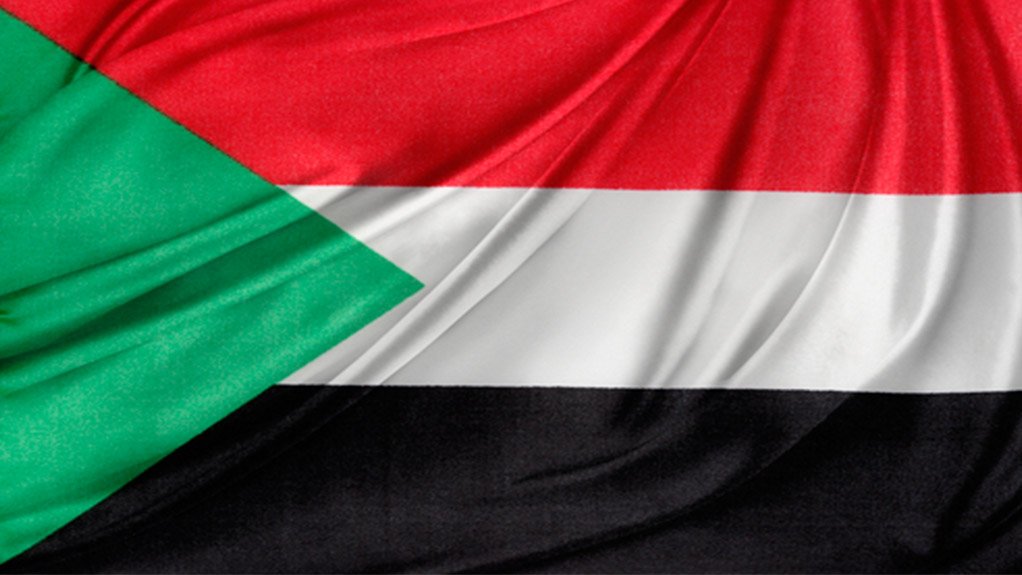Sixteen months after the United States lifted most sanctions on Sudan, businesses are unable to operate dollar transactions, insurance companies are cut off from the reinsurance market and the local airline is virtually grounded for lack of spare parts.
The problems stem from the same cause: restrictions linked to the conflict in Darfur and Washington's continued listing of Sudan as a state sponsor of terrorism.
These have kept the economy in stranglehold, businessmen and diplomats say, contributing to a crisis fuelling widespread protests that pose the most sustained challenge yet to President Omar al-Bashir's 30-year rule.
Washington says until Sudan is off the terrorism list, it will block access to funding from the International Monetary Fund and World Bank, support that Sudan badly needs to pull out of inflation that hit nearly 73 percent in December.
Bankers say importers' relations with foreign suppliers remain constricted, mainly for lack of correspondent relations with foreign banks. Not a single Sudanese bank has been able to open a US dollar account. American and most European banks are waiting for Sudan to come off the terrorism list, and are wary of secondary sanctions still in place against individuals connected with the war in Darfur, Sudanese bankers said.
Both foreign and Sudanese banks must prove they are in compliance with these sanctions for fear of hefty fines.
'COMPLIANCE NIGHTMARE'
"To re-establish relationships is a long, cumbersome process. Applying is going to be very expensive. You need to mobilise lawyers," said one Khartoum banker, speaking on condition of anonymity. "Compliance is a nightmare."
Given the potential cost, the risk is not worth it.
"Most foreign banks haven't responded," said Amin Elnefeidi, who runs one of Sudan's biggest transport companies and is the biggest supplier of chicks to Sudan's poultry industry.
"The low volume of business doesn't encourage them."
Sudanese companies, which had already switched out of dollars and into euros, moved almost all of their business into the United Arab Emirates' currency dirhams channelled through Dubai, a move the US government does not seem to be challenging, Sudanese bankers said.
But such transactions can increase costs by up to 20 percent, and sanctions are still biting.
Sudan Airways, which has long struggled with maintenance, is relying on two leased passenger jets still in operation, businessmen said. The company could not be reached for comment.
Insurance companies cannot transfer dollars to the world's major reinsurers, forcing them to deal only with regional reinsurers who have been unable to get payments out of Sudan, a Sudanese insurance executive said.
"This is a problem for larger projects such as sugar factories or power plants which have big risks that local insurance companies can't pass on," he said.
'FINGERS BURNED'
Sudan had expected credit for holding the referendum that gave South Sudan independence in 2011, stripping Khartoum of a quarter of its territory and most of its oil revenue. Yet with sanctions still in place, European banks including HSBC Holdings and BNP Paribas agreed in 2013 and 2014 to pay more than $10-billion to settle cases brought by the United States over alleged transactions with sanctioned countries including Sudan.
"It was like somebody burned their finger. Now any banks, even Saudi, are reluctant to deal with Sudanese banks," a second banker said.
When Washington lifted 20-year-old trade sanctions on Sudan in October 2017, citing progress on counter-terrorism and humanitarian access, the state sponsor of terrorism listing remained.
The United States announced in November last year it was beginning talks with Khartoum to remove the listing, which dates to 1993 and is linked to accusations that Sudan backed anti-Israel militant groups, including Hamas and Hezbollah. The plan had been to meet once a month, alternating between Washington and Khartoum, but the process was delayed in January by the US government shutdown. Any deal once reached could take months to implement, diplomats said.
Though GDP is hard to measure due to the distortions of rapid currency depreciation, living standards have sunk, with shortages creating long lines at bakeries, fuel stations and cash points.
"The Sudanese economy is in such a state that the government is desperate to get off the (terrorism) list," one diplomat said.
EMAIL THIS ARTICLE SAVE THIS ARTICLE
To subscribe email subscriptions@creamermedia.co.za or click here
To advertise email advertising@creamermedia.co.za or click here











